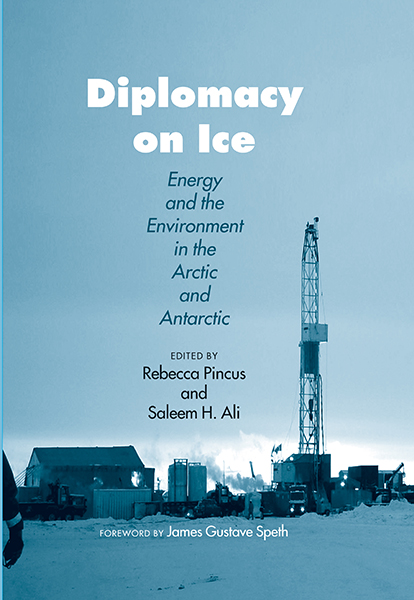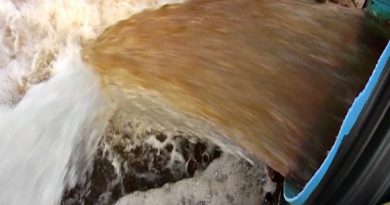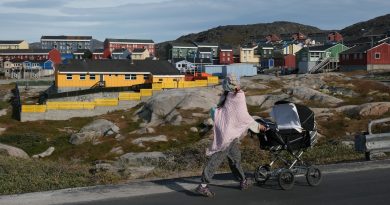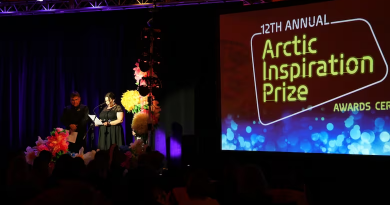Feature Interview: Rethinking how we talk about the Arctic

This week, chairmanship of the Arctic Council rotates from Canada to the United States.
It’s a time when Arctic issues get increasing attention and Arctic governance and conflict come into focus.
This year is a particularly volatile time given plunging oil prices and increasing tensions between Russia and the West.
But when it comes to the Arctic, are we focusing too much on issues around conflict and the race for resources?
And do these discussions, distract policy makers and experts from tackling the real every-day challenges and pressures facing circumpolar communities?
Does the Arctic have something to teach us about international cooperation and conflict resolution instead?
A recent book titled Diplomacy on Ice: Energy and the Environment in the Arctic and Antarctic is a collection of articles from experts around the world that takes on some of these questions, and suggests how focusing more on issues facing polar communities could help change the discussion.

In this week’s Feature Interview, we revisit Eye on the Arctic‘s March conversation with Arctic expert Rebecca Pincus, a visiting professor at the United States Coast Guard Academy in Connecticut and one of the editors of Diplomacy on Ice:
Write to Eilís Quinn at eilis.quinn(at)cbc.ca
Related stories from around the North:
Canada: The Canadian Arctic Council Ministerial – What to Expect, Blog by Heather Exner-Pirot
Denmark: Nordics to step up security cooperation on perceived Russian threat, Yle News
Finland: Survey – More than half of reservists in Finland pro-Nato, Yle News
Norway: Peace and stability crucial for Arctic economy, Barents Observer
Russia: Majorities in Arctic nations favor cooperation with Russia, Barents Observer
Sweden: Russia concerned by Finland, Sweden moves towards closer ties with NATO, Radio Sweden
United States: Feature Interview – Rethinking how we talk about the Arctic, Eye on the Arctic



